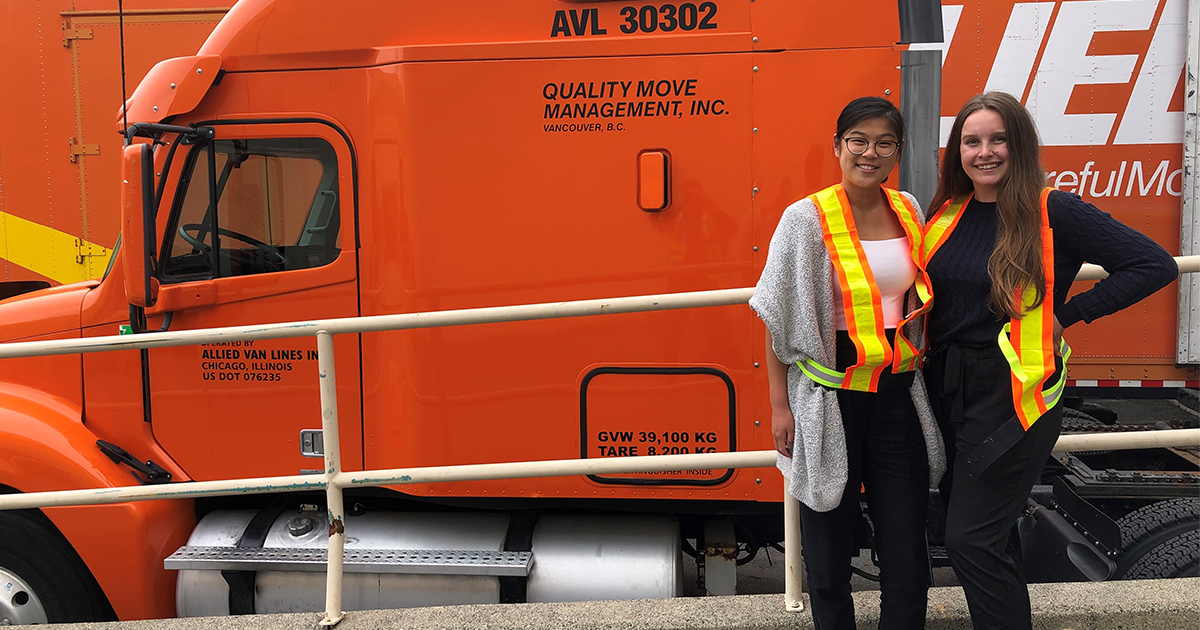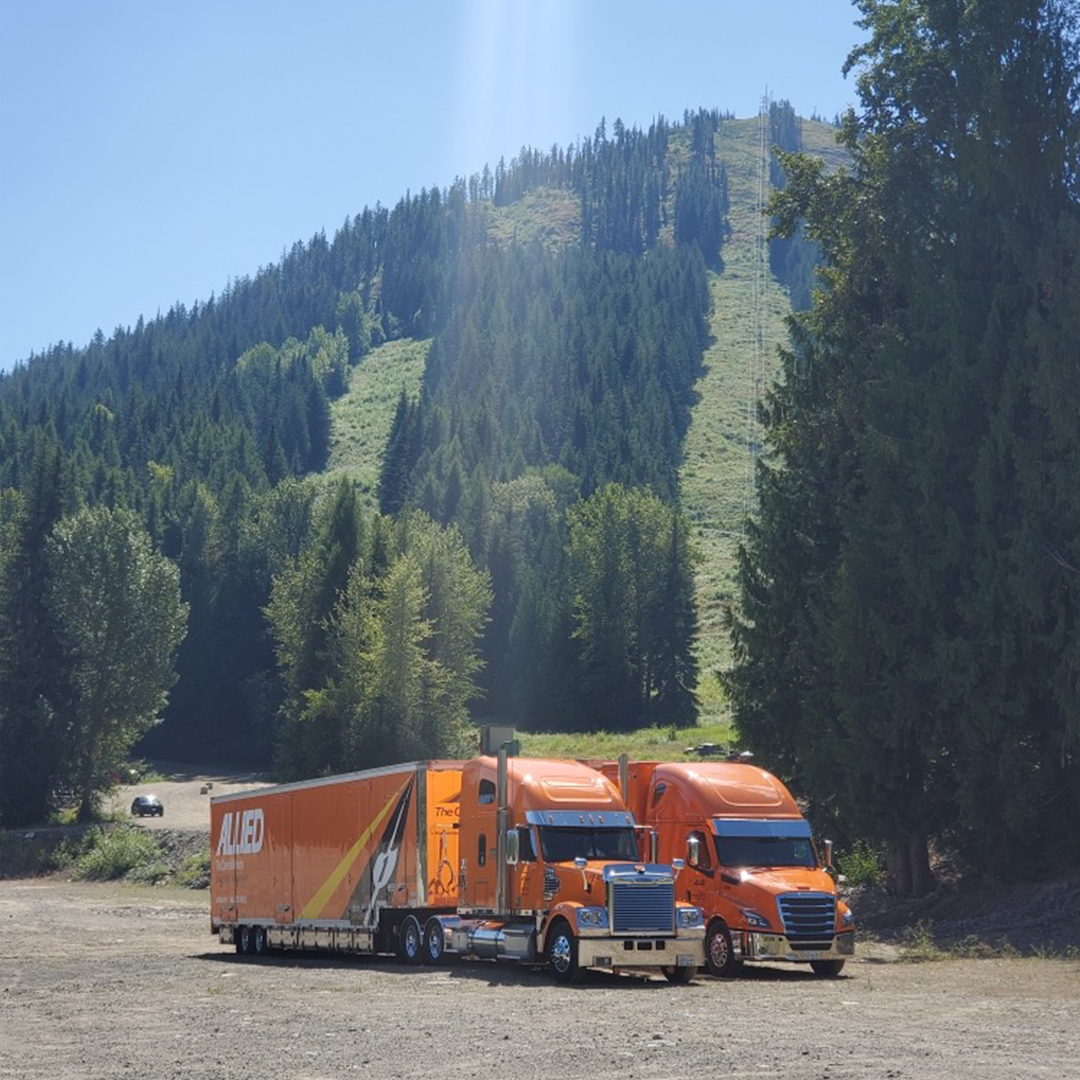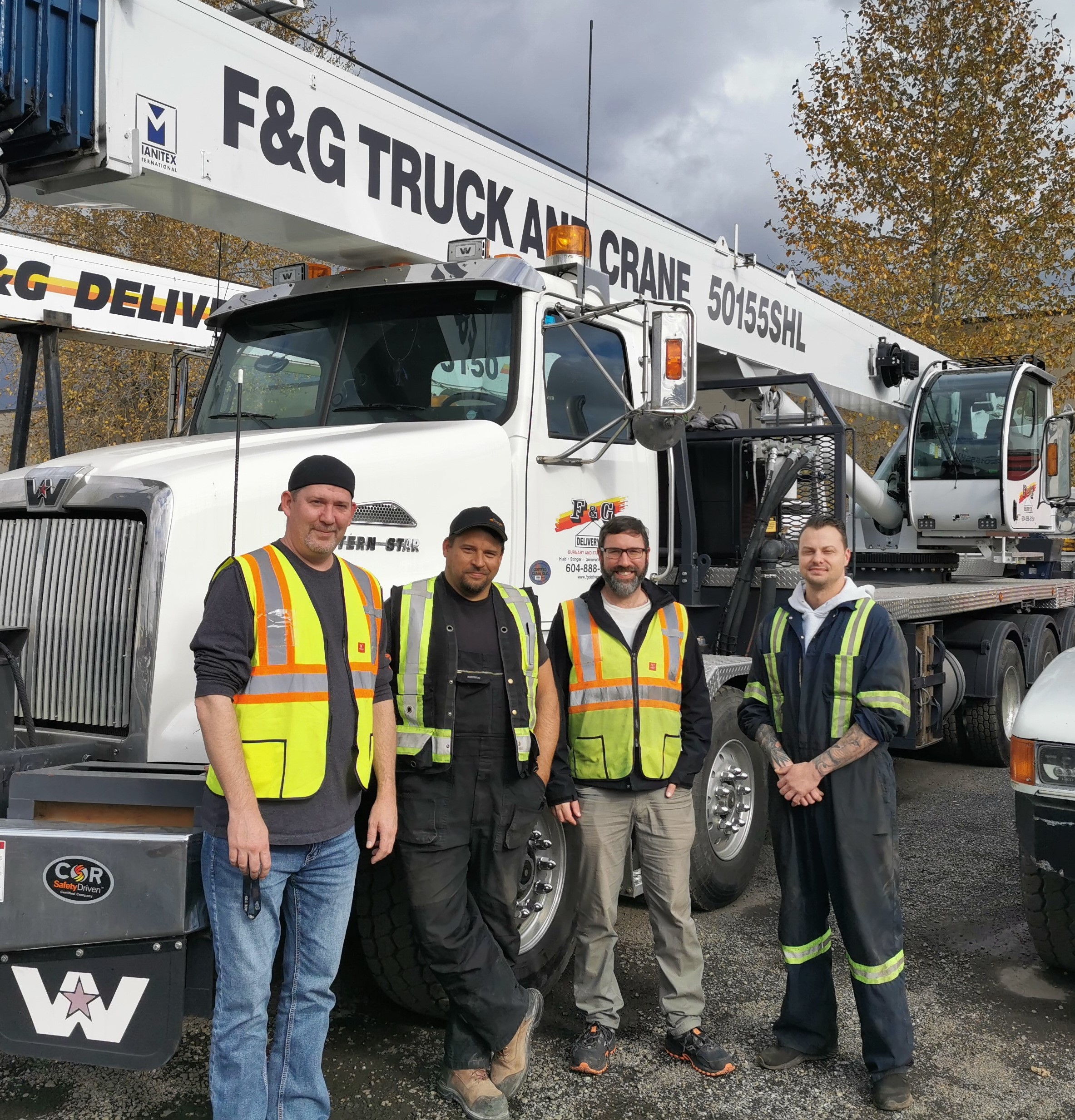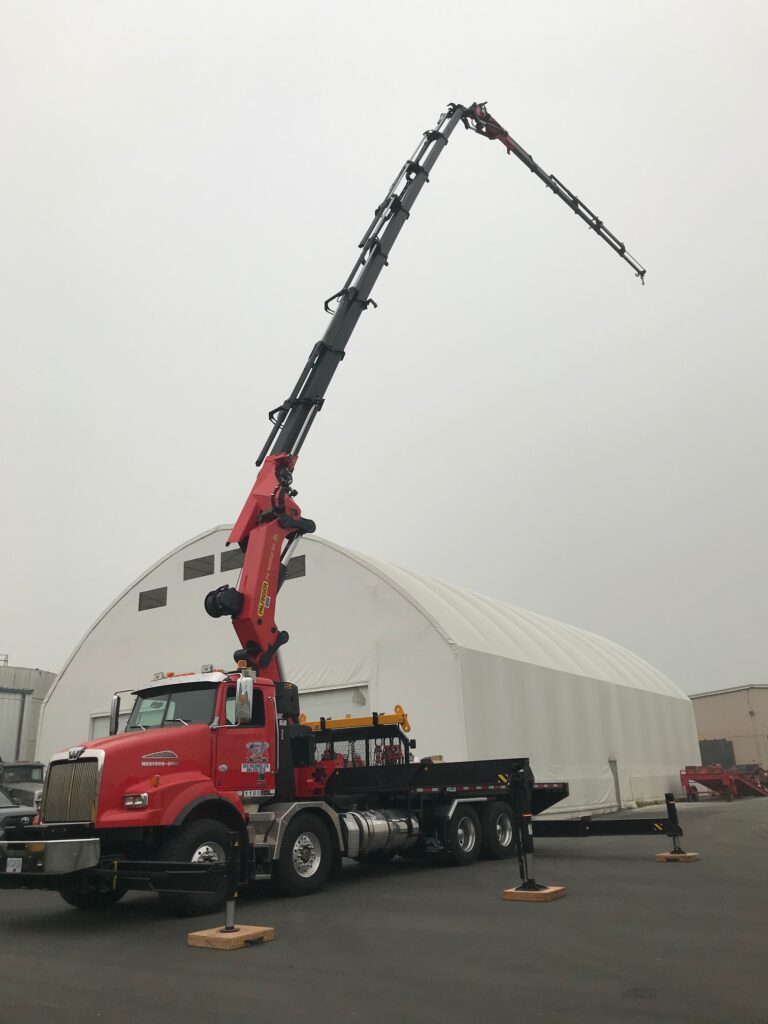Kool Pak Canada ULC – Safety is Cool!
You might say Kool Pak Canada ULC is a cool company. It transports and warehouses frozen, chilled, refrigerated, and dry products.
Formerly Polar Express Transportation, Kool Pak is headquartered in Langley, BC, and celebrated 20 years in business in 2020. The company serves the Vancouver – Seattle corridor and offers less-than-truckload (LTL) and full-truckload (FTL) transportation services, with five temperature-controlled facilities in BC, Washington, Oregon, and Northern and Southern California. In January 2012, Polar Express joined Kool Pak’s transportation companies, which provide services across the contiguous United States.
With expansion, it was obvious a formal safety program was required. In 2015, Kavita Kohli was offered the opportunity to take on Kool Pak’s safety management. She charged ahead, learning as she went, taking SafetyDriven courses, becoming an internal auditor, to build Kool Pak’s safety program from scratch. The company became COR certified in 2017. It has 29 employees, including 15 drivers and owner operators.
Kavita recalls establishing policies and forming the safety committee with the support and approval of the executive at every step. Staff buy-in was immediate overall—drivers, warehouse workers, and office staff—which Kavita credits to “having really good staff who understand the value of safety. Everyone from the president down supports company safety.” Shortly after the program was implemented, Kool Pak held its first Safety Day to reinforce the importance of an operative safety program. It was very effective with the staff and with drivers in particular.

Kool Pak’s safety program involves everyone. The safety committee comprises one manager, one warehouse and one office staff member. Drivers have plenty of opportunity to participate when they aren’t on the road. The safety culture is open; all staff members receive the same information and everyone can bring their ideas and suggestions to regular safety meetings. SafetyDriven resources often inspire meeting topics.
Drivers and staff raise issues like workplace hazards, personal safety such as preventing back problems, incidents, near-misses, roadside accidents, and general driving practices. Suggestions are discussed in the meeting to decide if they will work on the ground as presented or with alterations. Managers and supervisors perform random spot checks, providing feedback immediately, and incidents are reviewed at safety meetings. The review gives the team the opportunity to support employees who are having problems and discuss safety practices. For drivers on the road, regular emails provide updates. For more immediate situations, drivers are called to ensure they remain informed. Regular communication with all staff helps improve the safety program continually.
During the COVID-19 pandemic, Kool Pak stocked up on personal protective equipment and introduced new protocols. Staff arriving at the worksite undergo a temperature check before their shift. Anyone with a fever is required to stay home; those whose jobs are conducive to working from home can do so. Before starting work in the office, staff sanitize their work stations. They wear gloves to handle paperwork and sanitize counters every hour. Drivers have their own office for paperwork with similar protocols. Only one driver can use the office at a time—they must wait in the warehouse if the office is occupied—and they are required to clean surfaces before working. A COVID update is provided every Monday.
The best reward of any safety program is, of course, keeping everyone safe, but Kool Pak ups the ante by offering cash and prizes. Annual Safety Days are held in September and October to reward those who have exhibited exceptional safety practices. Prizes, such as household items or Tim Horton’s gift cards, are awarded. The top prize for excellent safety performance is $250 in cash. Drivers with clean roadside inspections get $75 for level 1 and $50 for levels 2 and 3. Safety Days are also opportunities to remind drivers and staff about safety topics; during the pandemic, that has meant personal calls from Kavita to every driver out of town.
Along the way, Kool Pak has been awarded for its safety performance with the Overall Winner of Trucking Award from the National Occupational Safety and Health Week (NAOSH) in 2019 and an honourable mention in 2018. The safety committee won SafetyDriven’s Safety and Health Week Team Champion award in 2018 and the warehouse manager won an Individual award in 2019. And Kavita herself won an Individual Champion award from SafetyDriven in 2018 and Safety and Health Week Champion from NAOSH in 2019.
Though Kool Pak may seem pretty chill, when it comes to safety, it’s all business.
Stay up to date and sign up for our newsletter!



